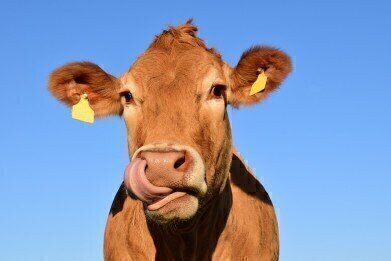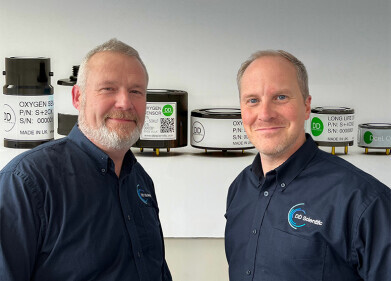Business News
What Is Sustainable Eating?
May 31 2018
Although vegan and vegetarian diets are becoming more and more popular, there are still many of us who find the idea of life without meat and dairy unbearable. Fortunately, there is a way to make a difference without going the whole hog (excuse the pun) of a diet completely free from animal produce.
A consortium of 50 civil society organisations (including, among others, Friends of the Earth and Greenpeace) have published a guideline of eight principles for eating more sustainably. Known as Eating Better, the coalition recommend taking the following tenets into account when compiling your next shopping list:
- Carbon footprint
It’s a well-known fact that cultivating beef has a high carbon footprint – in fact, the methane emissions from agriculture and dairy farming alone are enough to have a serious effect on global warming. However, beef is far from being the only culprit; all forms of meat and dairy production have a “relatively high carbon footprint”, so minimising your intake of these foods and boosting the amount of plants in your diet is the first step in the right direction.
- Animal welfare
Although the UK might be at the forefront of human rights and decent working conditions, the same cannot be said for its poultry and livestock. Many cows, pigs, sheep and chickens are bred under intensive farming conditions, which aims to extract maximum profit with the minimum time and resources. To ensure the animals you eat have had a better life, look out for Pasture for Life or RSPCA Assured accreditation on the packaging.
- Deforestation
The amount of feed needed to sustain livestock and poultry means that it is often imported from overseas, inadvertently contributing to deforestation in places like South America and Southeast Asia. Again, looking out for Pasture for Life and the Soil Association accreditation will ensure you only buy animals fed on local produce.
- Food poverty
As mentioned above, a significant amount of feed is needed to support animals bred for consumption; in fact, the Eating Better report suggests 50% of all plant protein in the world goes to animals. Instead, more of this precious resource should be reserved for the humans who so desperately need it, while animals should be fed on food waste, crop by-products or natural plants.
- Human health
Notwithstanding the aforementioned concerns about global methane emissions and carbon footprints, deforestation and food scarcity – eating too much meat is just plain unhealthy for the human body. Experts recommend that you should try to limit your consumption of red and processed meats to no more than 70g per day.
- Antibiotic resistance
Scientists say that one of the main contributors to antibiotic resistance in the human body is a build-up of those same antibiotics in the animals they consume. Therefore, searching for produce which prioritises animal welfare will not only benefit the animals themselves, but also reduce your own exposure to antibiotics, thus decreasing the likelihood of developing too strong a resistance.
- Waste reduction
According to the waste reduction charity Wrap, British households throw away almost 300,000 tonnes of edible meat and fish produce every year. That’s an incredible amount of needless waste. You can do your own bit to bring the figure down by only buying the ingredients you need for the meals you plan to cook.
- Local communities
Food that is mass-produced in far-flung regions of the globe could potentially have lower production standards and employ unethical methods in its manufacture. What’s more, the carbon footprint of transporting the goods overseas is also monumental. By sourcing low-production, high-quality, local goods, you ensure that you’re buying as sustainably as you possibly can for your community, your planet and yourself.
Digital Edition
IET 34.2 March 2024
April 2024
Gas Detection - Biogas batch fermentation system for laboratory use with automatic gas analysis in real time Water/Wastewater - Upcycling sensors for sustainable nature management - Prist...
View all digital editions
Events
Apr 30 2024 Melbourne, Australia
Apr 30 2024 Birmingham, UK
May 03 2024 Seoul, South Korea
May 05 2024 Seville, Spain
May 06 2024 Minneapolis, MN, USA



















